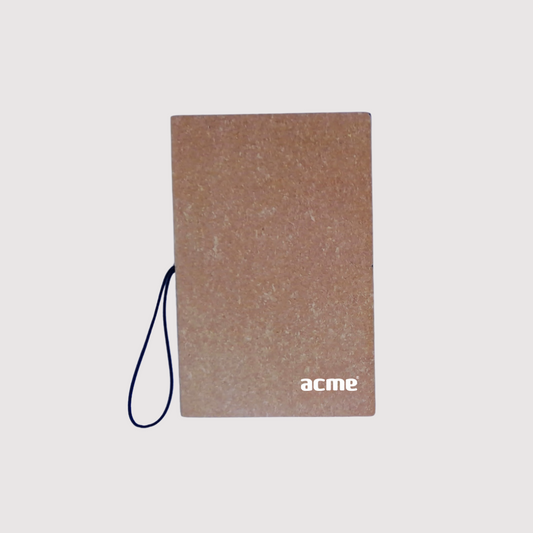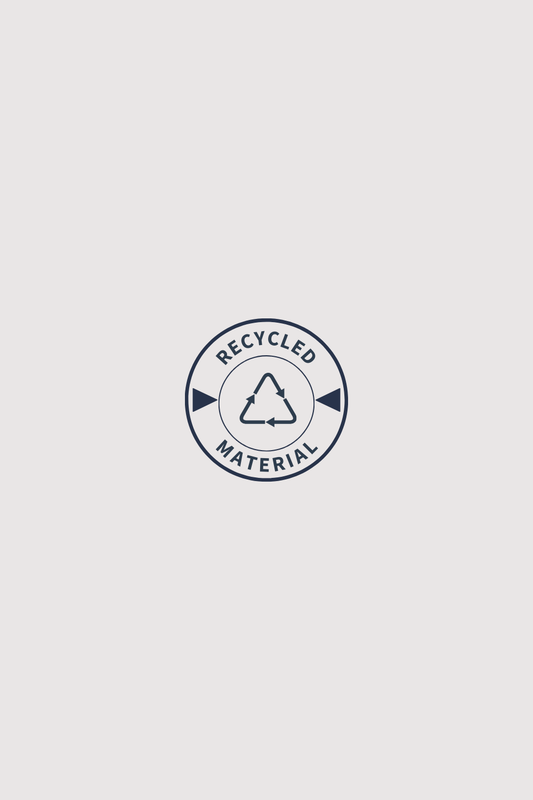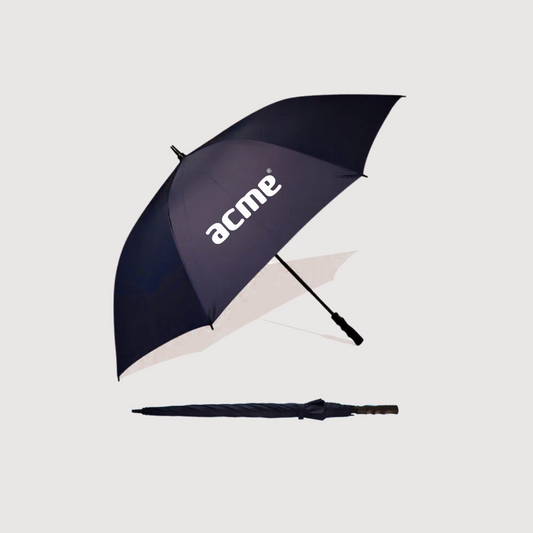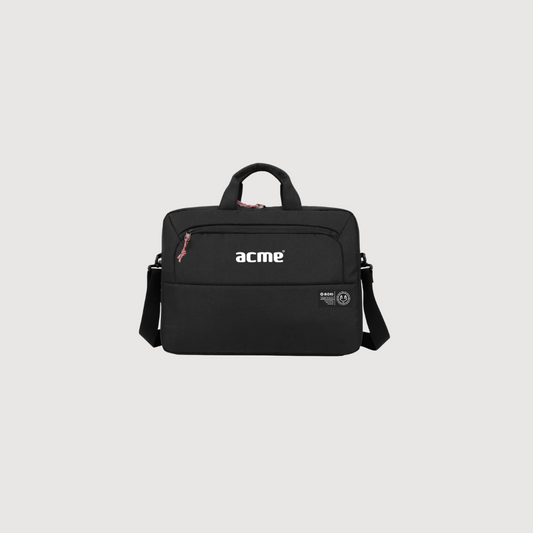
Welcome to your portal!
The items below have been carefully selected for their sustainability and quality. Browse through and select what you need before completing your order at checkout.


18,100
coffee cups avoided (p.a)
Choosing reusables helps reduce waste and demand for disposable cups. Each year, assuming someone uses their cup 80% of the time and buys one coffee per work day, there is a reduction of 180 single use cups.
Get in touch with us to learn more.
Get in touch with us to learn more.
129,220
litres of water saved
Organic cotton uses much less water than conventional cotton production. For example producing an organic cotton T-shirt conservatively uses 2,700L less water.
Recycled polyester also uses less water - but to a lesser extent.
Get in touch with us to learn more.
Recycled polyester also uses less water - but to a lesser extent.
Get in touch with us to learn more.

52,500
plastic bottles avoided (p.a)
This estimates the number of single-use bottles avoided by switching to a reusable one.
Data shows that on average Australians drink 500L of bottled water each year. Factoring in real-world usage (habit strength, missed days, partial substitution), we estimate that one reusable bottle avoids ~700 x 600ml bottles per year.
Get in touch to learn more.
Data shows that on average Australians drink 500L of bottled water each year. Factoring in real-world usage (habit strength, missed days, partial substitution), we estimate that one reusable bottle avoids ~700 x 600ml bottles per year.
Get in touch to learn more.

254
kg CO₂e reduction
This estimates the carbon emissions (kg of CO₂ equivalents) your orders have helped avoid by using lower-impact materials instead of virgin ones.
Calculations are based on fabric weight and emission factors from the Higg Index and other verified LCA sources.
Get in touch with us to learn more.
Calculations are based on fabric weight and emission factors from the Higg Index and other verified LCA sources.
Get in touch with us to learn more.

140
plastic bottles recycled
PET bottles (typically post-consumer) are recycled into clothing, helping to reduce landfill and demand for virgin polyester while also creating value / demand for recycled materials.
Around 70 x 600 mL bottles are used to make 1 kg of recycled polyester - so you can see how it adds up!
Get in touch to learn more.
Around 70 x 600 mL bottles are used to make 1 kg of recycled polyester - so you can see how it adds up!
Get in touch to learn more.

40
energy saved (kWh)
This estimates the energy your order may have helped save by choosing recycled polyester or organic cotton instead of conventional fabrics.
Based on garment weight—e.g. a 150g T-shirt can save around 2.25 kWh (rPET) or 0.5 kWh (organic cotton).
Get in touch with us to learn more.
Based on garment weight—e.g. a 150g T-shirt can save around 2.25 kWh (rPET) or 0.5 kWh (organic cotton).
Get in touch with us to learn more.
Disclaimer: These figures are conservative estimates, based on total orders placed through LUCKE to date, using credible models and research. They’re great for internal, stakeholder, or social media use, but shouldn’t be used for regulatory purposes without consulting us. We’re happy to share the full methodology.
-
RPET Hi Vis Drill Shirt
Regular price $65.00 AUDRegular priceUnit price per -
RPET Hi-Vis Safety Vest - DEMO
Regular price $15.00 AUDRegular priceUnit price per -
RPET Softshell Jacket - DEMO
Regular price $55.00 AUDRegular priceUnit price per -
Organic Polo - DEMO
Regular price $39.50 AUDRegular priceUnit price per -
Organic Tee - DEMO
Regular price $15.00 AUDRegular priceUnit price per -
Men's Organic Oxford Shirt - DEMO
Regular price $65.00 AUDRegular priceUnit price per -
Men's RPET Stretch Shirt - DEMO
Regular price From $65.00 AUDRegular priceUnit price per -
Women's Organic Oxford Shirt - DEMO
Regular price $65.00 AUDRegular priceUnit price per -
Women's RPET Fluted Sleeve Top - DEMO
Regular price $55.00 AUDRegular priceUnit price per -
Recycled Soft Cover Notebook Pack - DEMO
Regular price $6.81 AUDRegular priceUnit price per -
RPET Golf Umbrella - DEMO
Regular price $25.00 AUDRegular priceUnit price per -
RPET Laptop Satchel 15.6" - DEMO
Regular price $50.00 AUDRegular priceUnit price per
Powered by LUCKE - Clothing that cares
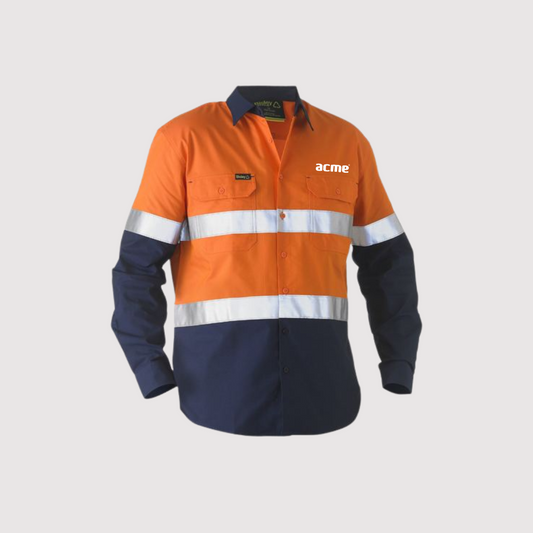
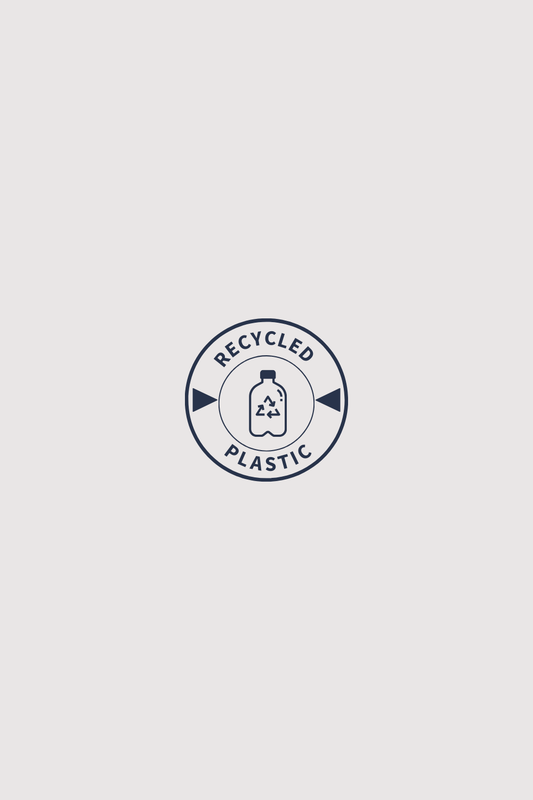
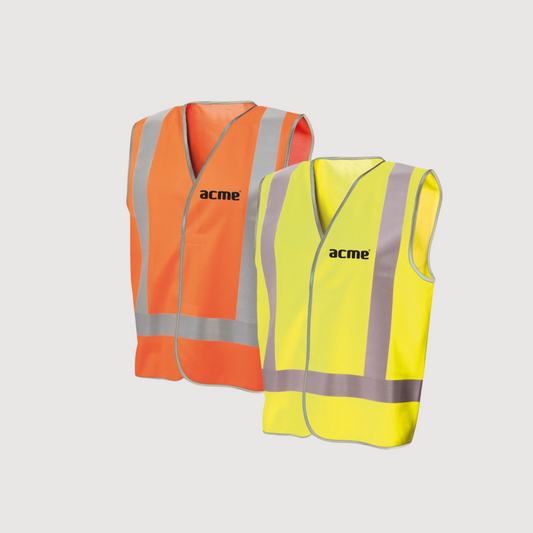
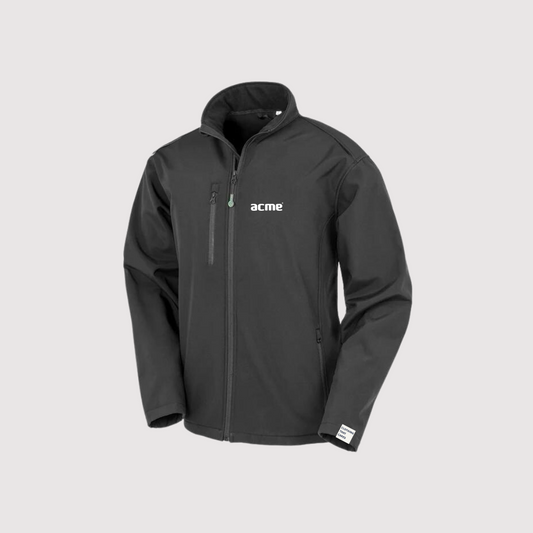
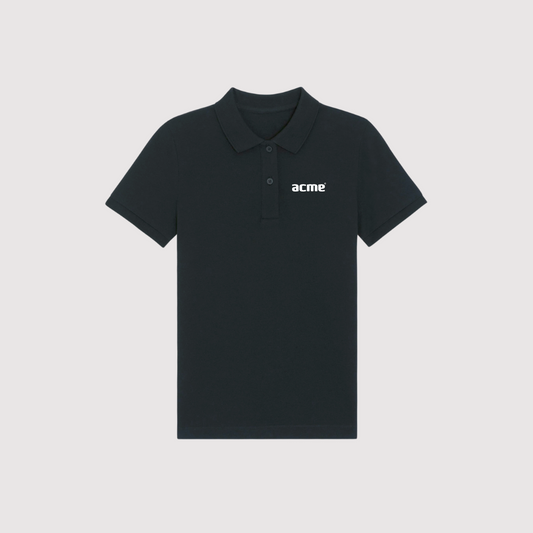
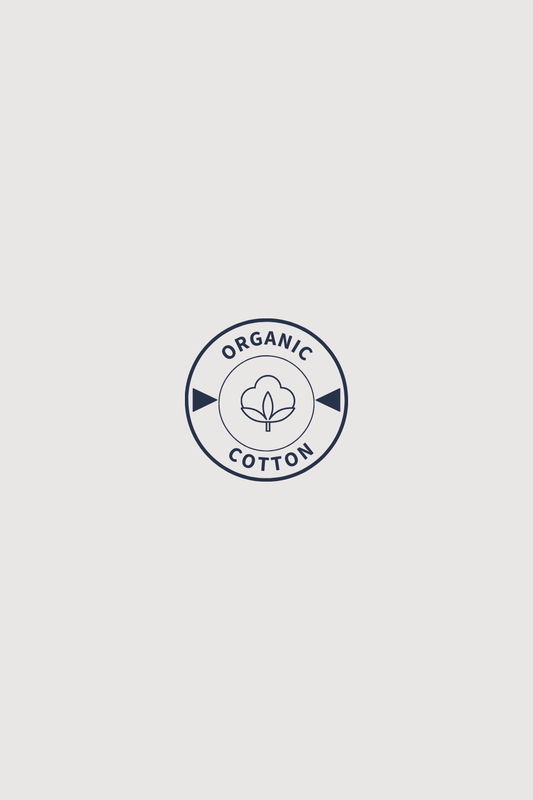
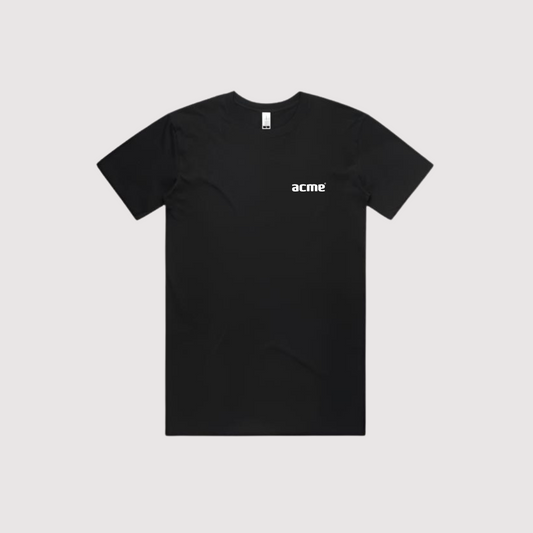
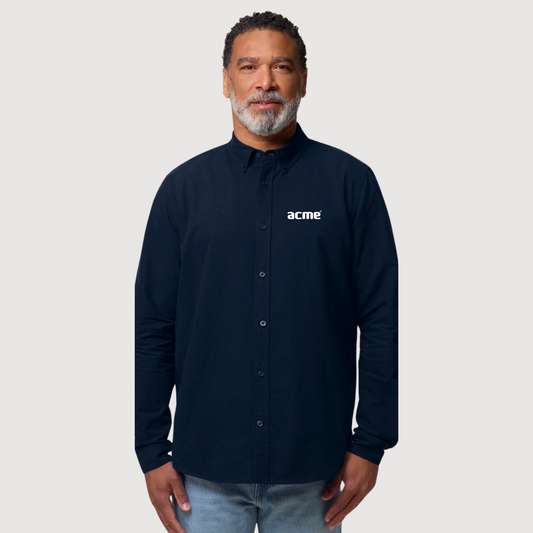
![Men's Stretch Shirt [Demo] Avignon](http://lucke.co.nz/cdn/shop/files/7_abe709a1-1bf6-40f8-8fc6-834de4b6d8d5.png?v=1728895030&width=533)
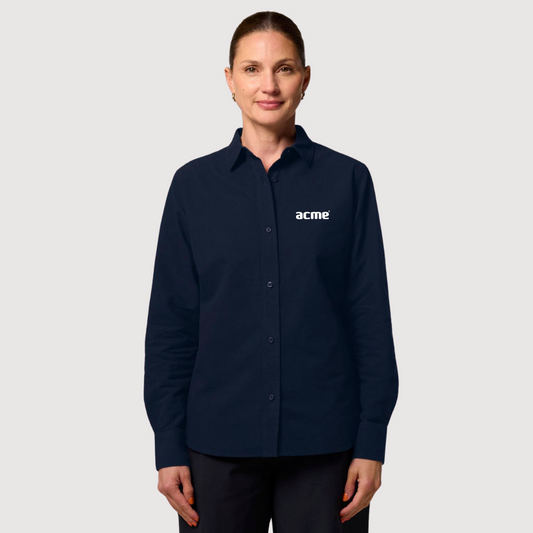
![Women's Fluted Sleeve Top [Demo] Avignon](http://lucke.co.nz/cdn/shop/files/5_284ab45b-24c6-4aa4-8ecf-09f6e33abfe0.png?v=1728894999&width=533)
